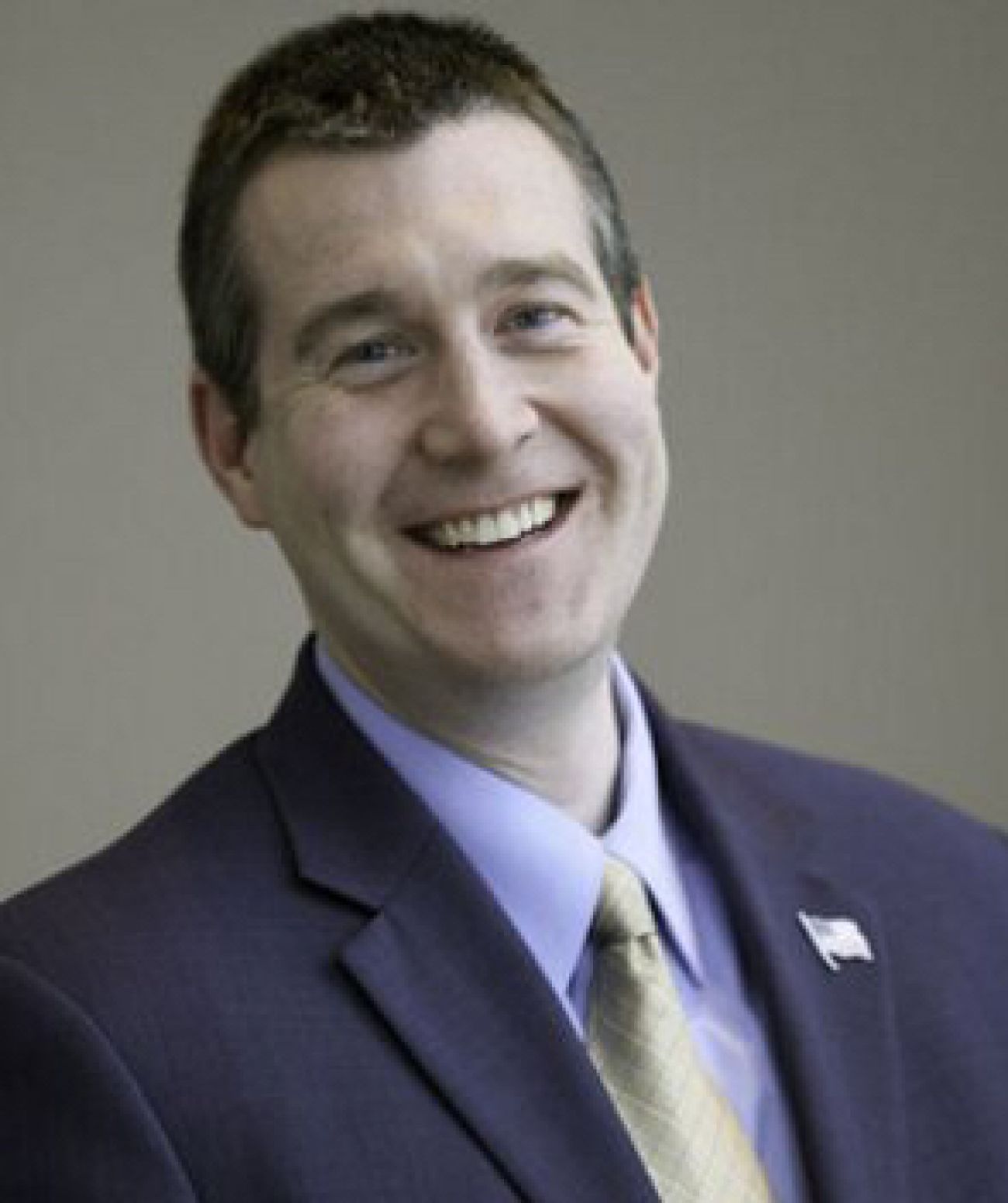The EM law isn’t the whole problem for Michigan cities, but it’s far from a solution


There’s no way to polish up the emergency manager law. No one at the Capitol seems to even want to touch it. After the debacles with Detroit Public Schools and the Flint water crisis, PA 436 of 2012 is still one of the biggest government blunders in decades. It’s time to take it down.
What should go in its place? One of the state legislative committees examining the Flint water crisis recommends establishing three-person panels of emergency managers. Under the proposed model, one emergency manager would have financial expertise, another would be a government operations expert and another would serve as an ombudsman to local officials and residents. Three heads may be better than one, but any number of emergency managers does not address the underlying problem of how state policies themselves have debilitated local units of government.
Instead of three-person EM panels and more austerity, Michigan needs three policy pillars to reverse the effects of decades of decline, disinvestment and degradation that have left the state steadily losing ground relative to the rest of the country in population growth, job creation and quality of life.
The pillars are fair taxes, smart investments and true partnerships.
The Great Recession showed all too clearly that Michigan had a major problem with fiscal stress in local governments and school districts. When faced with a similar crisis in the state’s budget, newly elected Gov. Rick Snyder worked in dog years to reform the tax code. The state’s general fund has been relatively steady ever since – except when it has been raided for special projects.
But local governments haven’t seen any reform in tax structure. In fact, state budgets included cuts to revenue sharing from the state sales tax to local communities.
To put the numbers in perspective, the Lansing State Journal recently reported on what has happened in that city. The city received $15.9 million in 2007 yet only $13.6 million last year. Simply adjusting for inflation should have brought the city $18.4 million.
In cities like Flint and Detroit, the distress has been more extreme, and crisis after crisis has affected everyone and everything. The narrow focus on the state government’s own balance sheet and the adherence to a low tax ideology has resulted in local governments being stripped of the ability to provide vital services or to evolve to meet the changing demands of today’s businesses and residents.
The level of desperation is reflected in the unprecedented reduction in police officers and firefighters. This is the most direct indicator of local government’s financial distress. Sending a police officer a pink slip is a last resort. In Flint’s case, the layoffs were dramatic. In other cities, it’s been a quiet reduction in force size as positions are unfilled following retirements. Either way, today in Michigan there are 7,079 fewer public safety jobs than there were 10 years ago.
It’s hard to understand how well-meaning leaders in Lansing could sanction such debilitating injuries to our way of life in the Great Lakes state. The state went from a top 20 safest state in the country to top 20 for the highest rates of violent crime. Approximately 200 schools have closed in Detroit in the last 15 years. In the wake of the Flint water crisis, every community is concerned about their water.
These headlines are not fake news. They represent the reality of what is happening in cities, townships and villages all across our state. The human toll is compounded by the demographic and economic consequences of the constant state of catastrophe.
A brighter future starts with a fair local tax system. This is the most straightforward, even though the politics of tax reform are always contentious. The state needs to do two things – restore the appropriate share of sales tax collections that were promised when the local sales tax was abolished, and equalize the local income tax so that any community can levy 1 percent on personal income earned in its jurisdiction.
These two changes would create a virtuous cycle whereby Michigan’s job centers would have the funds necessary to improve the surrounding quality of life, which would attract more people and generate more economic activity.
The state needs smart infrastructure investment policies. In addition to adequate funding for basic road maintenance, we also need infrastructure projects tied to economic development. Transformative brownfield projects deserve cutting-edge public infrastructure to maximize benefits for businesses and nearby neighborhoods. If local people aren’t connected to the jobs and opportunities that come with new developments, then the multiplier effect – and the rationale for the public support – is unrealized. As it stands now, the state’s economic development arm has zero responsibility for infrastructure investments and it shows when one looks around.
Finally, we need a true partnership among state and local officials. Fighting over control, pulling from each other’s pockets, and working up special deals all undermines the public good. Genuine solutions require every level of government and every sector doing their part. Local communities deserve more options and opportunities to address the diverse conditions across our great state.
See what new members are saying about why they donated to Bridge Michigan:
- “In order for this information to be accurate and unbiased it must be underwritten by its readers, not by special interests.” - Larry S.
- “Not many other media sources report on the topics Bridge does.” - Susan B.
- “Your journalism is outstanding and rare these days.” - Mark S.
If you want to ensure the future of nonpartisan, nonprofit Michigan journalism, please become a member today. You, too, will be asked why you donated and maybe we'll feature your quote next time!